Bad Companion Plants For Cucumbers That Will Ruin Your Harvest
Cucumbers are a popular summer vegetable that is easy to grow in the garden. However, there are some plants that should not be planted near cucumbers, as they can stunt growth, attract pests, or even ruin your harvest.
In this blog post, we will discuss the worst companion plants for cucumbers. We will also provide tips on how to choose the right companion plants for your cucumber patch.
Introduction
Cucumbers are a member of the Cucurbitaceae family, which also includes melons, squash, and pumpkins. These plants are all heavy feeders and require a lot of nutrients from the soil. They also need a lot of water, especially during hot weather.
When choosing companion plants for cucumbers, it is important to consider their nutrient and water requirements. You also need to consider the fact that cucumbers are susceptible to a number of pests and diseases.
Bad Companion Plants for Cucumbers
Here are some of the worst companion plants for cucumbers:
- Potatoes: Potatoes and cucumbers are both heavy feeders, so they will compete for nutrients in the soil. Additionally, potatoes are susceptible to blight, a disease that can also affect cucumbers.
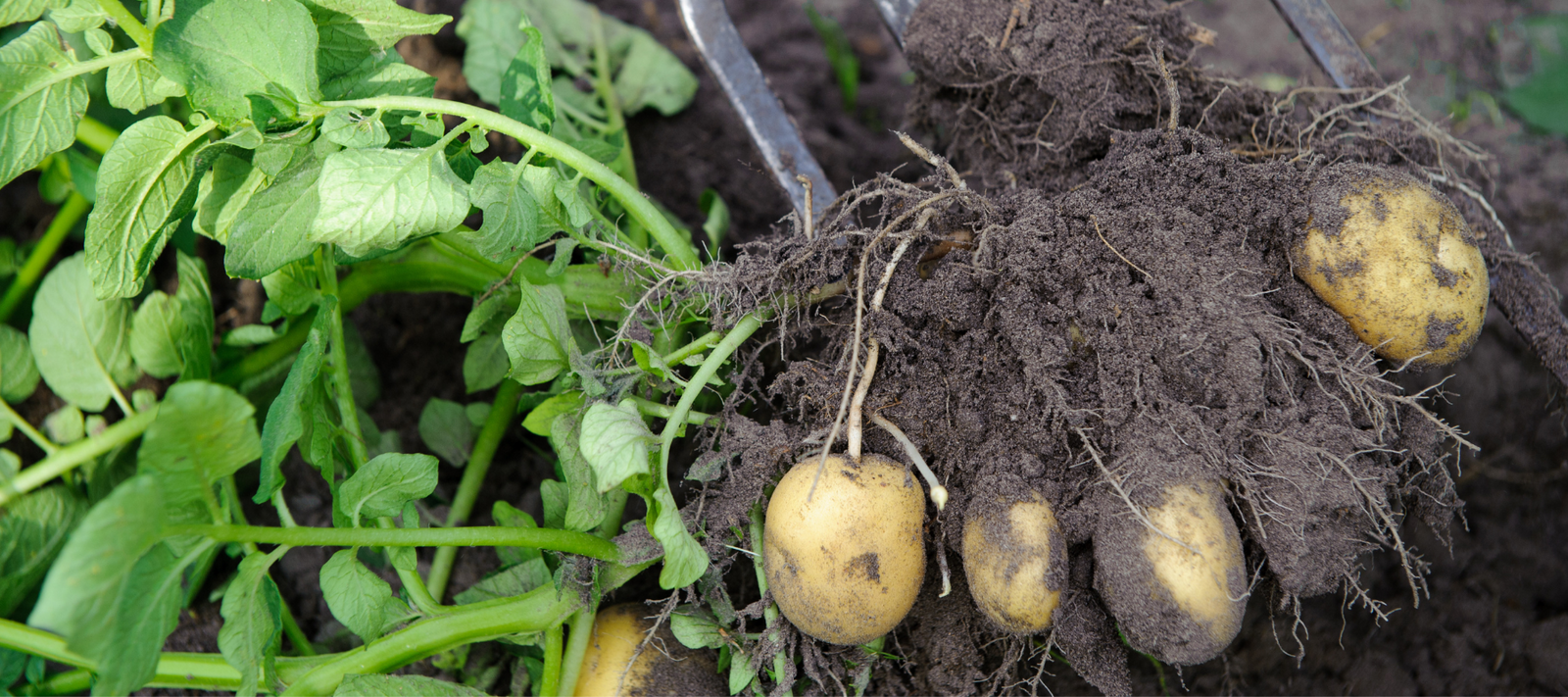
- Brassicas: Brassicas, such as broccoli, cabbage, and cauliflower, can also compete with cucumbers for nutrients. Additionally, brassicas can attract pests that can damage cucumber plants.

- Sage: Sage is a strong-flavored herb that can inhibit the growth of cucumbers. Additionally, sage can attract pests that can damage cucumber plants.

- Mint: Mint is a very aggressive plant that can quickly take over a garden bed. If you plant mint near cucumbers, it will compete with the cucumbers for water and nutrients.
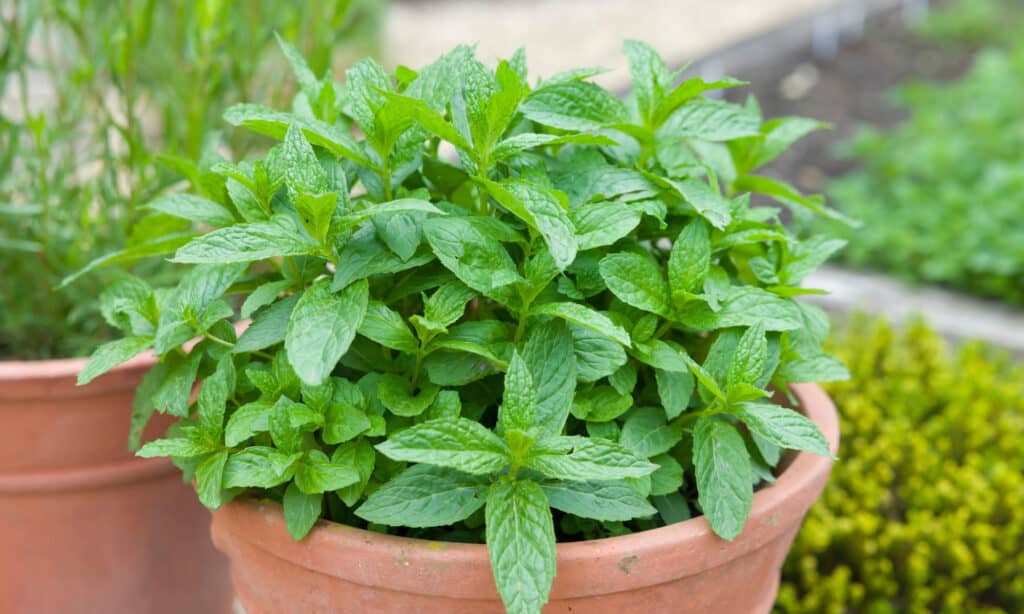
- Melon: Melons and cucumbers are both members of the Cucurbitaceae family, so they are susceptible to the same pests and diseases. Additionally, melons can attract pests that can damage cucumber plants.
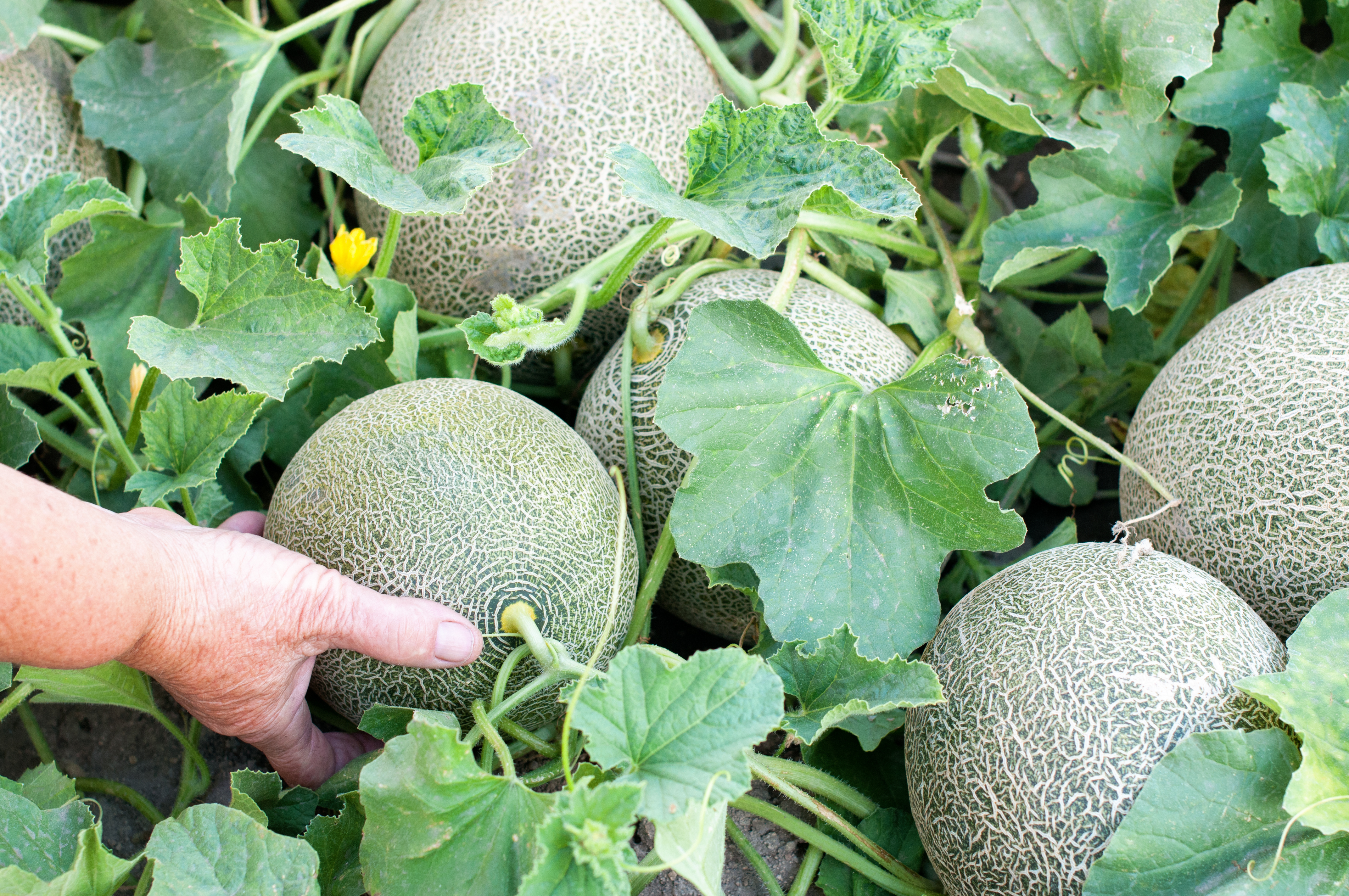
Tips for Choosing Companion Plants for Cucumbers
Here are some tips for choosing companion plants for cucumbers:
- Choose plants that have different nutrient and water requirements than cucumbers. This will help to prevent competition for resources.
- Choose plants that are not susceptible to the same pests and diseases as cucumbers. This will help to protect your cucumber plants from infection.
- Choose plants that will help to attract beneficial insects to your garden. Beneficial insects can help to control pests that damage cucumber plants.
Conclusion
By avoiding these bad companion plants, you can help to ensure a bountiful harvest of cucumbers. When choosing companion plants for cucumbers, it is important to consider their nutrient and water requirements, as well as their susceptibility to pests and diseases. By following these tips, you can create a healthy and productive garden.
When planting cucumbers, it is important to avoid planting them near certain plants that can stunt their growth or attract pests. These "bad companion plants" for cucumbers include:
- Brassicas: This includes plants like broccoli, cabbage, and cauliflower. Brassicas compete with cucumbers for nutrients and water, and they can also attract pests that can damage cucumber plants.
- Fennel: Fennel has been found to produce chemicals that can inhibit the growth of nearby plants, including cucumbers. This can lead to stunted growth and reduced yields for cucumbers.
- Potatoes: Potatoes are heavy feeders, and they can compete with cucumbers for nutrients and water. They can also be prone to blight, which can spread to cucumber plants.
- Sage: Sage is an aromatic herb that can stunt the growth of cucumbers. Its strong fragrance could also affect the subtle flavor of cucumbers.
- Melons: Melons attract insect pests that feed on cucumbers. These pests can damage cucumber plants and reduce yields.
For more information about bad companion plants for cucumbers, please visit Home Gardening.
FAQ of bad companion plants for cucumbers
- What are bad companion plants for cucumbers?
Some bad companion plants for cucumbers include:
Potatoes: Potatoes are heavy feeders and can compete with cucumbers for nutrients and water. They can also be susceptible to the same diseases as cucumbers, such as blight.
Sage: Sage is a strong-scented herb that can stunt the growth of cucumbers and affect their flavor.
Mint: Mint is a vigorous grower that can crowd out cucumbers and steal their nutrients.
Melons: Melons and cucumbers are both members of the Cucurbitaceae family, and they can attract the same pests and diseases.
Fennel: Fennel produces chemicals that can inhibit the growth of other plants, including cucumbers.
Why are these plants bad companions for cucumbers?
The reasons why these plants are bad companions for cucumbers vary. For example, potatoes and cucumbers are both heavy feeders, so they compete for the same nutrients in the soil. Sage has a strong scent that can stunt the growth of cucumbers, and mint is a vigorous grower that can crowd out cucumbers. Melons and cucumbers are both susceptible to the same pests and diseases, so planting them together can increase the risk of infection. Fennel produces chemicals that can inhibit the growth of other plants, including cucumbers.
- What are some good companion plants for cucumbers?
Some good companion plants for cucumbers include:
Beans: Beans fix nitrogen in the soil, which can benefit cucumbers.
Borage: Borage attracts beneficial insects, such as ladybugs and lacewings, which can help control pests.
Carrots: Carrots help to repel nematodes, which can damage cucumber roots.
Corn: Corn provides support for cucumber vines to climb.
Dill: Dill helps to repel pests, such as cucumber beetles.
Nasturtiums: Nasturtiums attract beneficial insects, such as ladybugs and lacewings, which can help control pests.
Radishes: Radishes help to break up compacted soil, which can improve drainage for cucumbers.
Sunflowers: Sunflowers provide shade for cucumber vines during hot weather.
How can I avoid planting bad companion plants with cucumbers?
When planning your garden, be sure to research which plants are good and bad companions for cucumbers. You can also use a companion planting chart to help you make informed decisions. Once you have planted your cucumbers, be sure to monitor them closely for signs of pests or diseases. If you see any problems, take action immediately to prevent them from spreading to other plants in your garden.
Image of bad companion plants for cucumbers
- Potatoes: Potatoes are heavy feeders that compete with cucumbers for nutrients and water.

- Sage: Sage can stunt the growth of cucumbers and its strong fragrance could affect its subtle flavor.

- Mint: Mint is overly aggressive in garden beds and can infringe on the space for cucumbers and steal their nutrients.
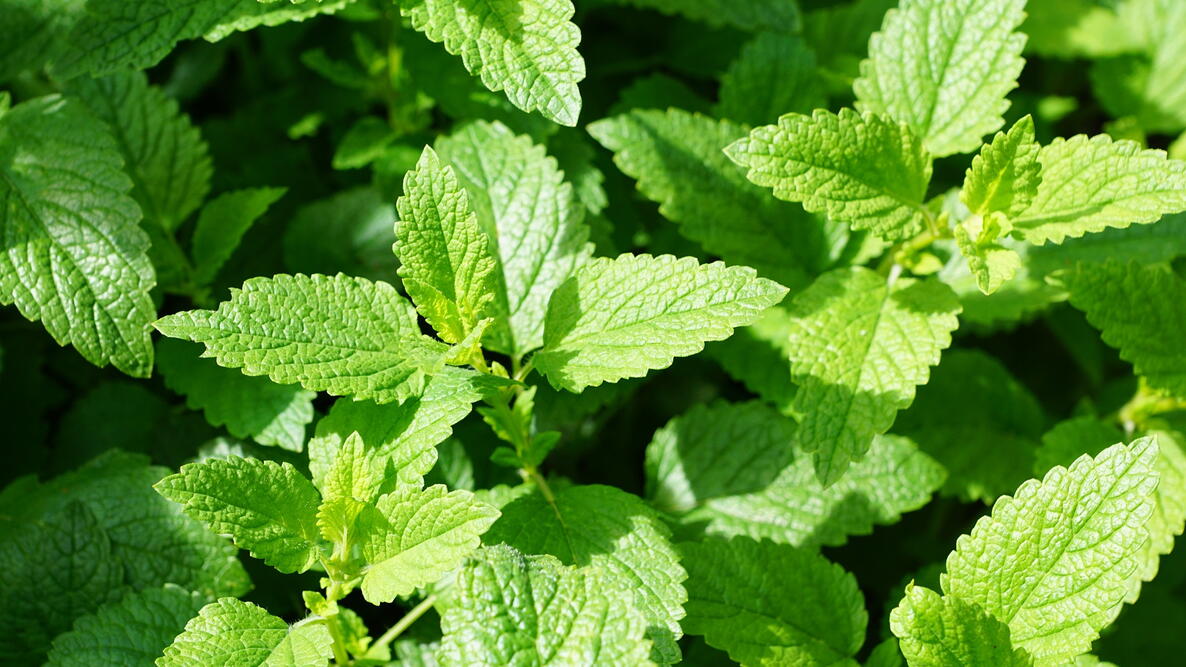
- Melons: Melons attract insect pests that feed on cucumbers.

- Brassicas: Brassicas, such as broccoli, cabbage, and cauliflower, can harbor pests and diseases that can also affect cucumbers.

- Fennel: Fennel can inhibit the growth of cucumbers.
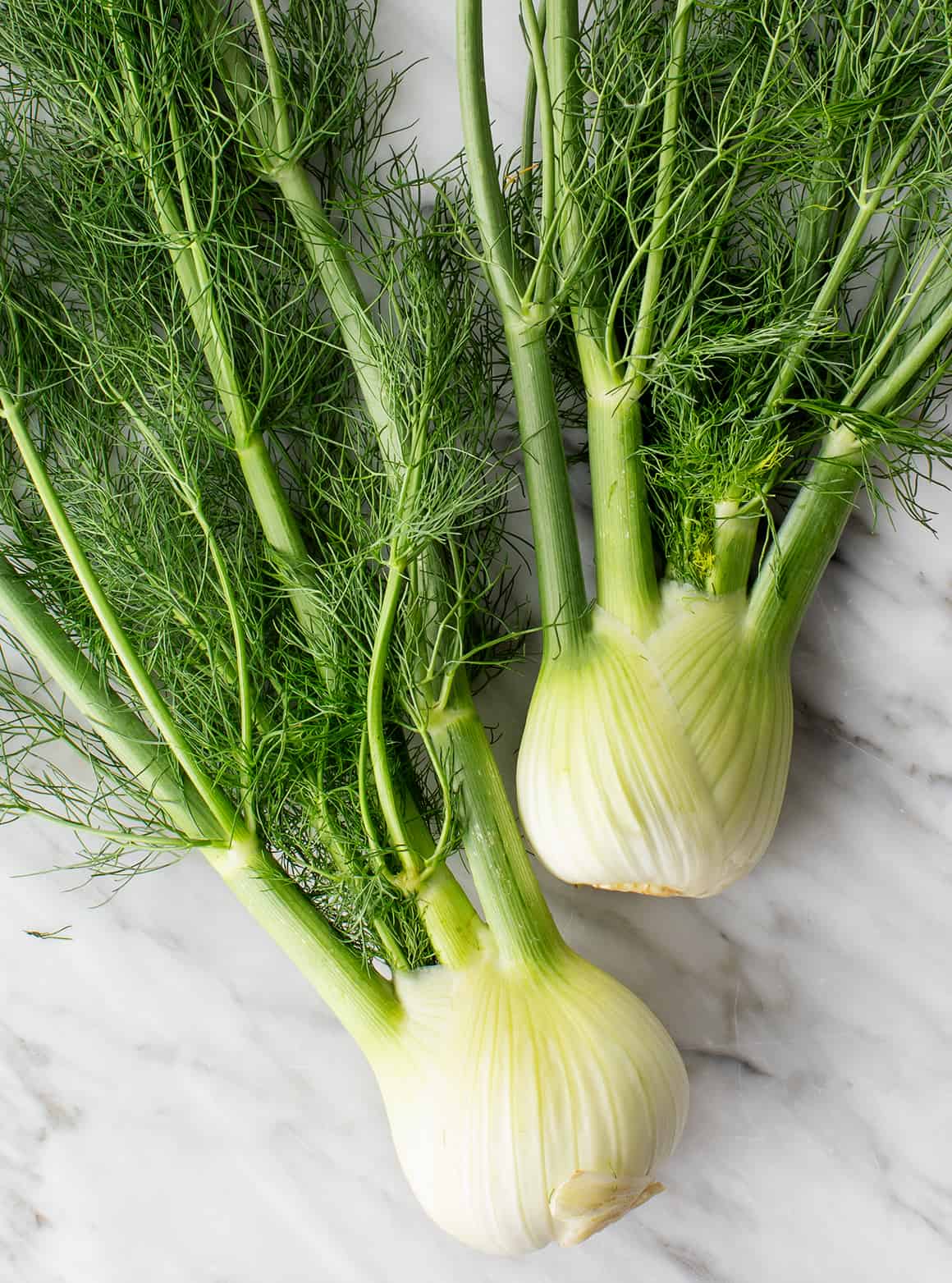
- Onions: Onions can stunt the growth of cucumbers and their strong smell can repel pollinators.
- Garlic: Garlic can stunt the growth of cucumbers and its strong smell can repel pollinators.
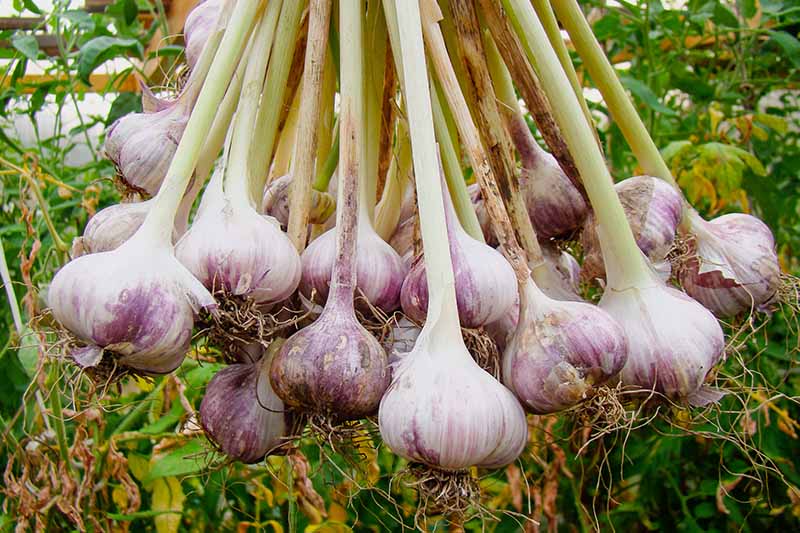
- Tomatoes: Tomatoes and cucumbers are both susceptible to the same pests and diseases, so planting them close together can increase the risk of infection.
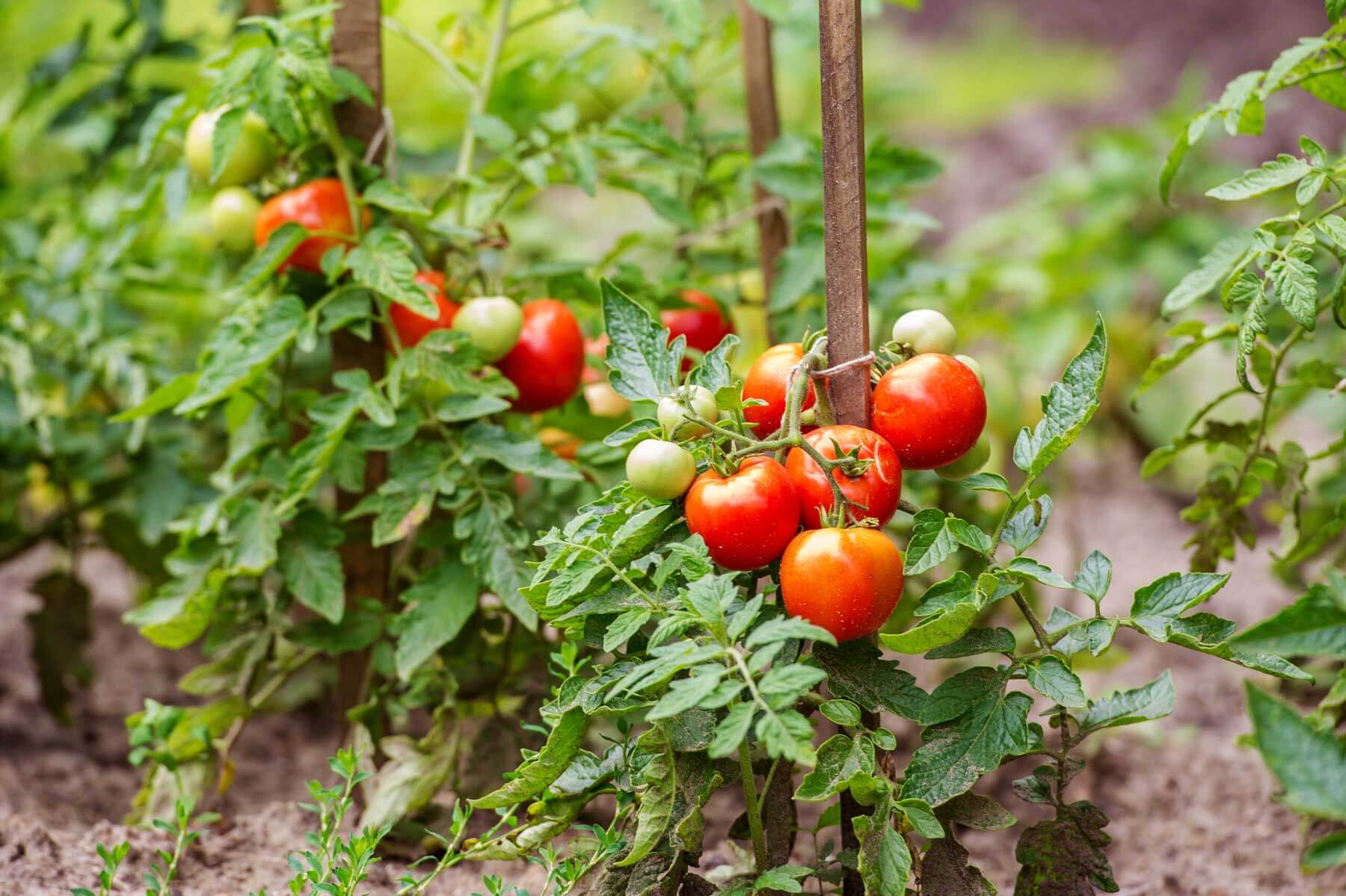
Post a Comment for " Bad Companion Plants For Cucumbers That Will Ruin Your Harvest"